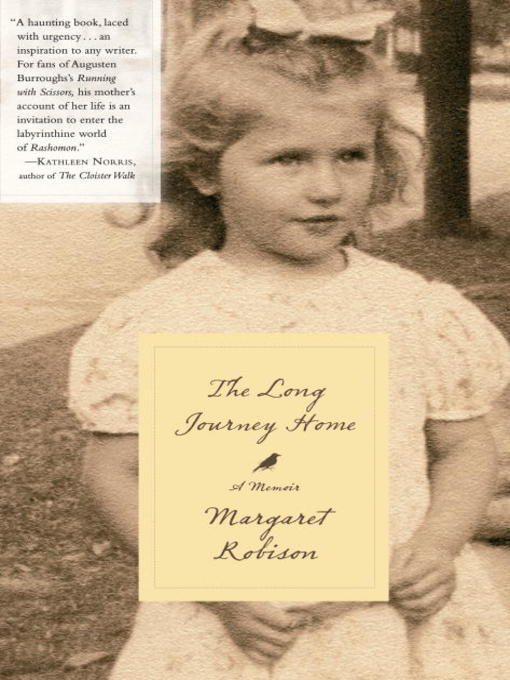- New eBook additions
- Available Now
- Comics and Graphic Novels
- Multi-cultural Fiction
- Contemporary Romance Reads
- An Abundance of Bonnets
- Build A Better World
- New kids additions
- New teen additions
- Romance in the West
- Libros en Espanol
- Art and Architecture
- Regency Reads
- See all ebooks collections
- New audiobook additions
- New kids additions
- New teen additions
- Nonfiction on Audio
- Short Fiction on Audio
- Mysteries on Audio
- History and Current Events
- Inspirational and Christian Audiobooks
- Science Fictions
- Most popular
- Romance on Audiobook
- Thrillers and Suspense
- Bonnets on Audio
- See all audiobooks collections
- Newly Added
- Hunting & Fishing
- Home & Garden
- Food & Cooking
- Crafts & DIY
- See all magazines collections



